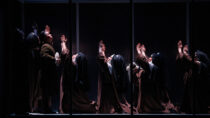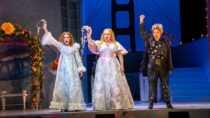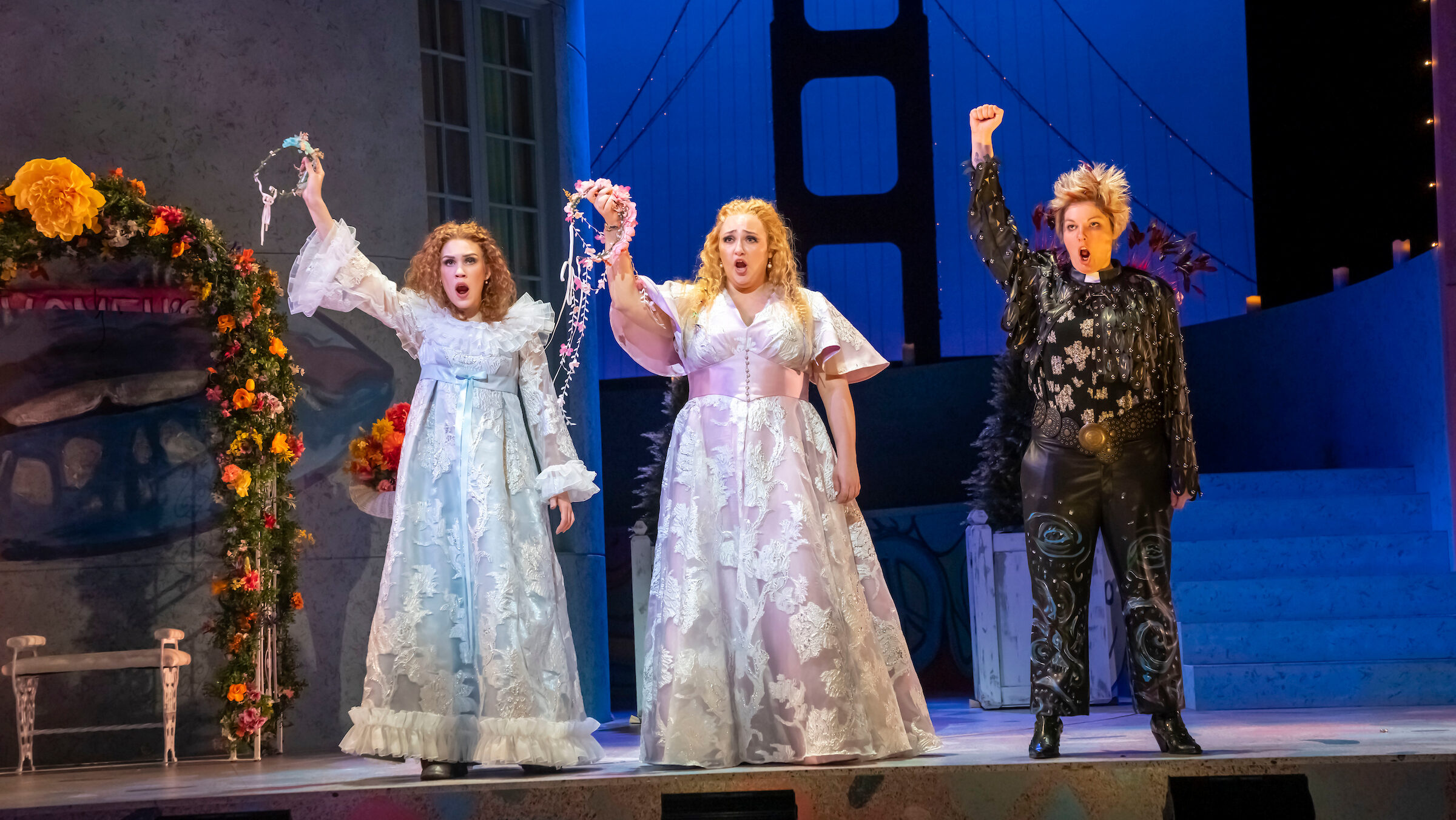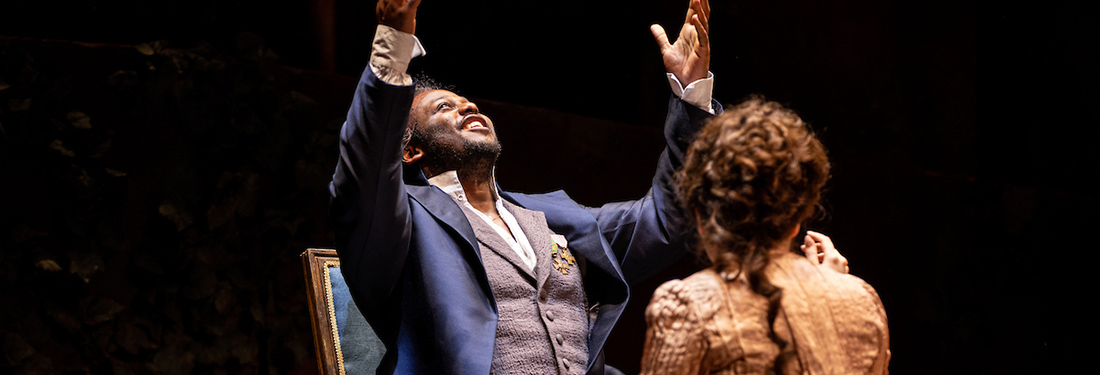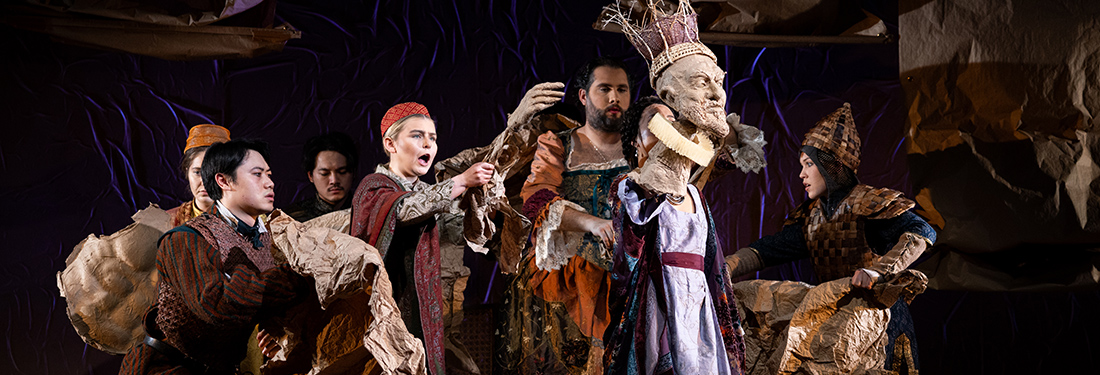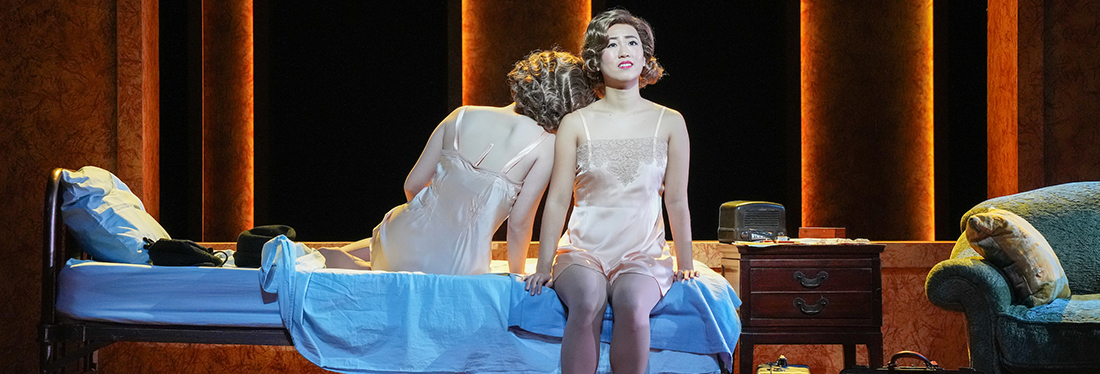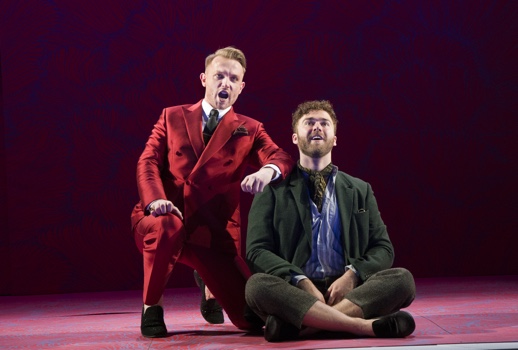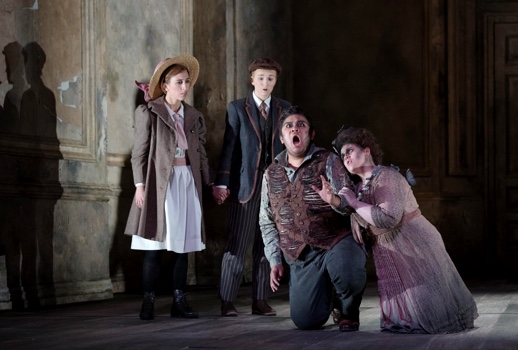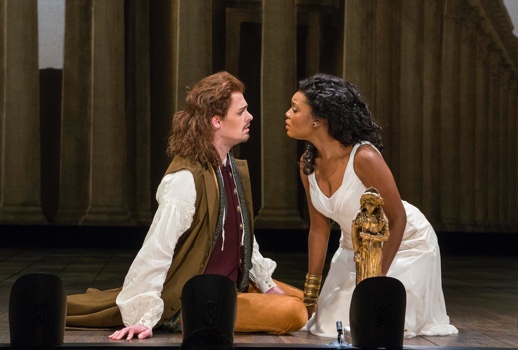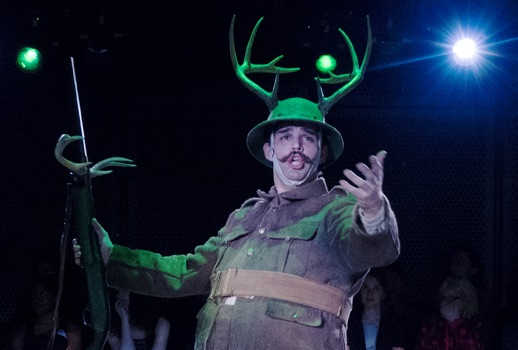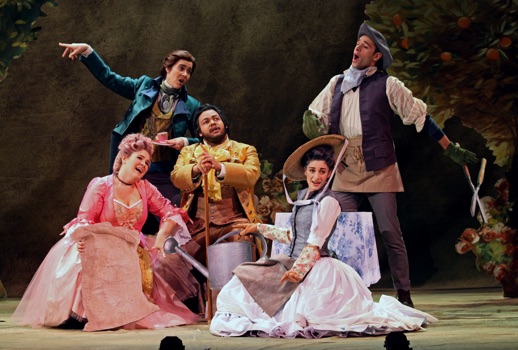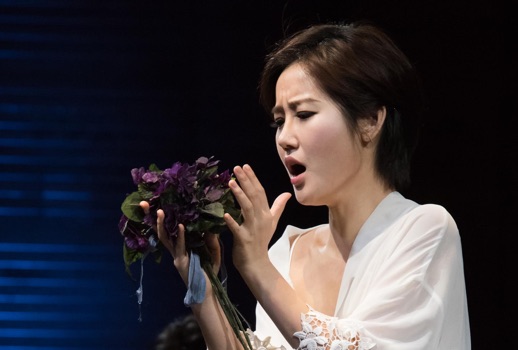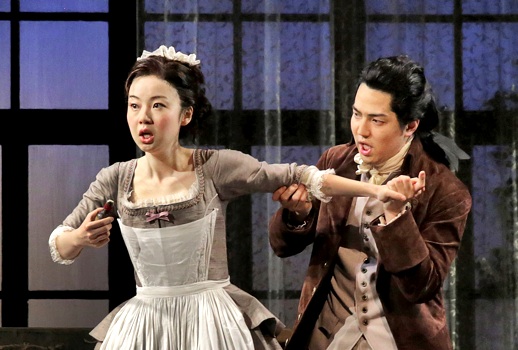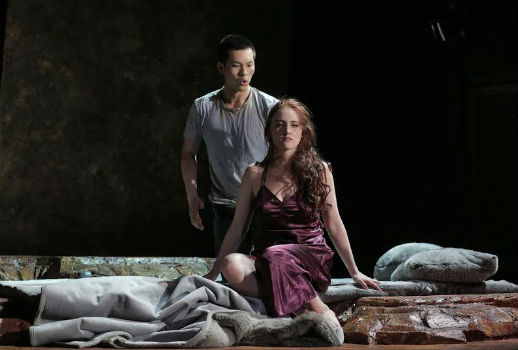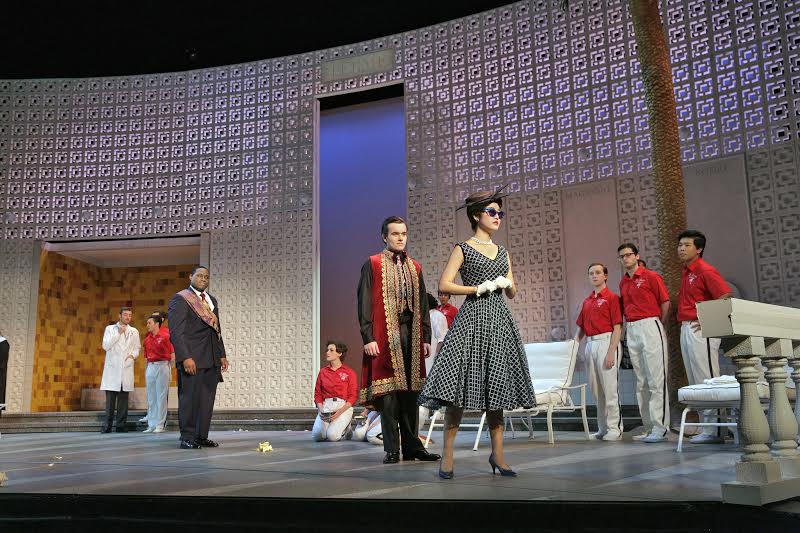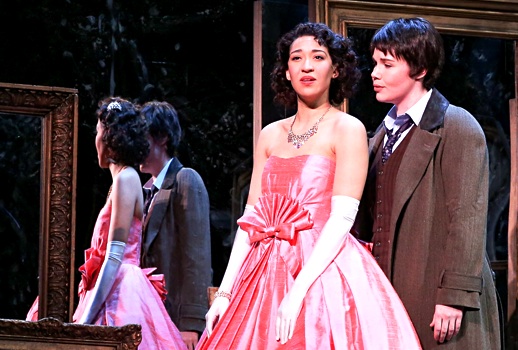
Turmoil and injustice in the federal government; turmoil and grief in the Catholic Church: the time sure seems right for a staging of Francis Poulenc’s Dialogues des Carmélites.
One of the highlights, if not the highlight, of No-Met-February was an all-Ravel evening presented by the Juilliard Orchestra.
War! Heroism! Mysterious strangers! Attempted suicide! Steadfast love! Così fan tutte, as staged November 18-21 at Juilliard Opera, had… none of these things.
This Clemenza seemed more or less unconcerned with the opera’s political imagination, content to take Tito at his word that his rule is morally enlightened and the citizens at theirs that a benevolent dictatorship is a wonderful thing indeed.
Those of us in New York City who relish 17th century Italian vocal music were offered an enticing banquet over the past few weeks.
Edward Hopper’s paintings from the 1930s and 1940s are simply lousy with windows.
What’s the status of the American Dream nowadays? Did it ever really exist? If it’s dead, why isn’t it gone?
Why is so twinkling, tuneful a score so little known?
Young voices ringing out Stravinsky’s witty melodies at close quarters gives great pleasure if you are fond of this witty score and its many parodies of early operatic cliché.
Do we do what we have to do? Or do we have to do what we do?
Così fan tutte presents a considerable challenge to the modern director.
Oh, that slippery Don Giovanni—so elusive, so chaotic, so open to no end of interpretation!
This was not a performance as gimmick.
I had my head in my hands groaning in disbelief instead of joining in the general applause around me.
There are two delights here: a delectable score too rarely heard and an introduction at close quarters to half a dozen young singers ready for takeoff, indeed already flying.
Whatever its flaws, La finta giardinera is indeed a wise rep choice for grad students eager to cut their teeth.
Jonathan Dove’s Flight is an opera that makes excellent use of setting.
Bellini blossomed over us like a love fest.
All those who have been in a rage since the news broke this week that the Metropolitan Opera has invited Calixto Bieito to stage Verdi’s La Forza del Destino can relax and embrace the Juilliard Opera’s new Le Nozze di Figaro which opened Friday night.
The Rape of Lucretia, now (through Sunday) enjoying a superb three-performance run at the Juilliard Opera’s Willson Theater (tickets are scarce; hie thee to the waiting list), was Benjamin Britten’s third opera and first “chamber opera,” composed for the tiny original theater at Glyndebourne,
Gluck’s Iphigénie en Aulide (1774), the occasion of his Paris debut, gets far less respect than her sequel, Iphigénie en Tauride.
A production as delectable as the current one (through Sunday) at the Juilliard Opera will make you wonder why Il Turco is not as well known as L’Italiana, Il Barbiere, La Cenerentola, even the odd and occasional Il Viaggio a Rheims.
Joyce, Javier and now Julia—this week these three remarkable Js brought New York City memorable “Cinderella stories.”
In Leos Janacek’s The Cunning Little Vixen, the heroine is shot and skinned for her fur.
